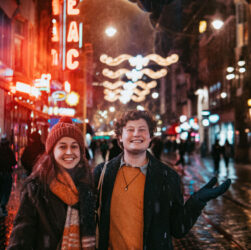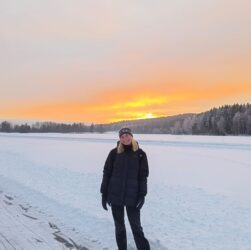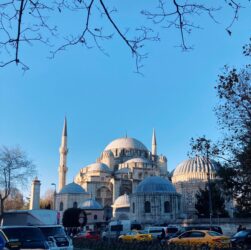Karl Voigt BEng Electric and Electronic Semester Exchange in the Second Semester, 2023 at University of Antwerpen Pre-departure: …


Karl Voigt BEng Electric and Electronic Semester Exchange in the Second Semester, 2023 at University of Antwerpen Pre-departure: …

Monique Brynard MA Social Anthropology Semester Exchange in the First Semester, 2023 at University of Oslo Pre-departure: Having missed …

Kyle de Villiers BCom International Business Semester Exchange in the Second Semester, 2023 at Koc University Pre-departure: It is …